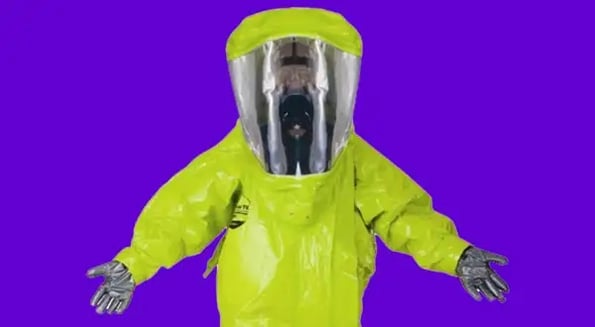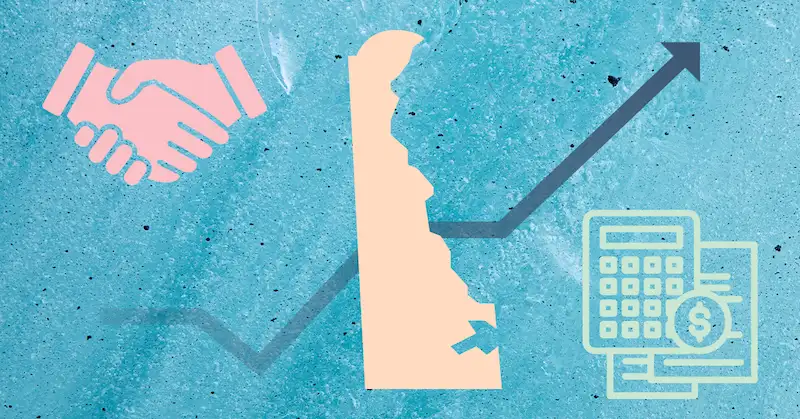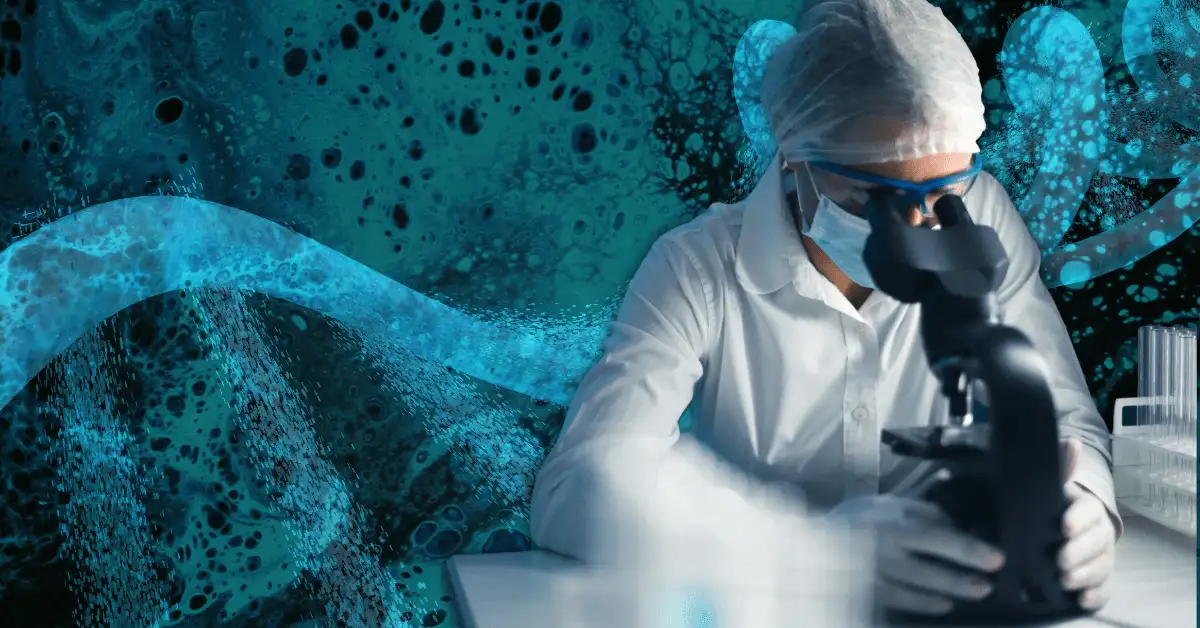Companies hoping to stay open during the pandemic might want to call the doctor.

As The Washington Post reports, epidemiologists — who specialize in studying disease patterns — can help organizations navigate how best to nip infectious bugs in the bud.
Since late February, companies have been calling on these experts for guidance.
Is there a doctor in the house?
Kavita Trivedi is an epidemiologist in Berkeley, California, who also consults for the World Health Organization and through her private practice, Trivedi Consults.
Trivedi told The Hustle her workload exploded in February — almost a month before the pandemic hit in the US. Since then, she’s hired 2 subcontractors, but she’s still so busy that she has to turn new business away.
Kristy Weinshel, executive director of the Society for Healthcare Epidemiology of America, told us there’s been so much demand for epidemiologists’ expertise that her organization developed instructional materials to guide them in launching consulting practices.
Shaping realistic recommendations
In some cases, companies hire epidemiologists to reassure the public they’ve been thorough in keeping their staff and customers safe. As the Post reported, Six Flags sent out a media release outlining its infection-control efforts.
But Weinshel said many companies see doctors’ insights as vital to their operations — not just their PR objectives. These collaborations focus on navigating the patchwork of CDC, WHO, and industry-specific safety protocols to shape realistic recommendations tailored to each company’s needs.
Trivedi said there’s a bit of give-and-take in coming up with a strategy, but the goal isn’t to eliminate every possible risk. Rather, the point is to come up with a plan most people can stick to. “We’re giving guidance, not enforcement,” she said.
Staying ready for anything
One piece of Trivedi’s advice for businesses: Be flexible. Recommendations likely will change as scientists learn more about the coronavirus.
And, ultimately, the ability to adapt will serve companies’ interests in the long term.
“This is not the last pandemic we will be dealing with in our lifetime,” Trivedi said. “Understanding how to implement protocols safely isn’t going to be something we do for just this virus.”










